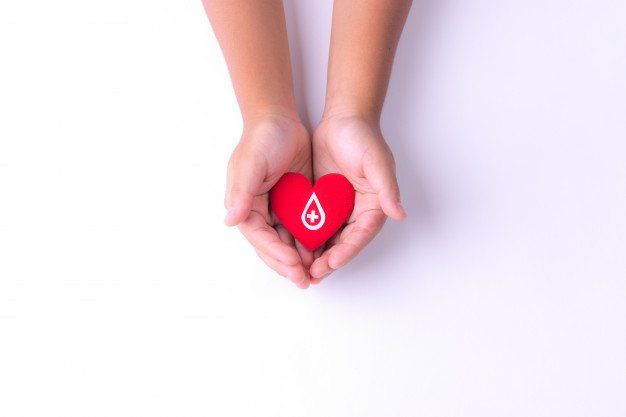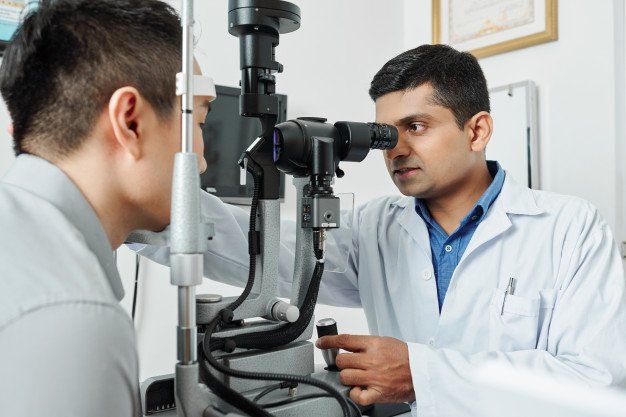Suicide: Don’t Let It Be In Your Thoughts or Those of Loved Ones
Written By: Peggy Rossi, BSN, MPA, CCM, ACM-RN, CMAC
Suicide: Don’t Let It Be In Your Thoughts or Those of Loved Ones
While September is National Suicide Prevention Month, every month should be. As such, Nivano Physicians and its staff and doctors are here to help our members if those thoughts enter your mind or you notice changes in a loved one’s behavior that concerns you.
Suicidal thoughts, much like mental health conditions, can affect anyone regardless of your age, whether you are a female or male, preteen, an adolescent or an adult. If affects anyone of us, regardless of our race, education, social or financial status. If you have a mental illness, know that you are not alone. One in four Americans has a mental illness of some kind.
Suicide is often the result of not getting the mental health care we need or talking openly and honestly about our feelings. This is often perpetuated by the fact shame and stigma associated with mental health conditions have been around for decades. With stigma comes a lack of understanding of important others, which can be invalidating and painful. This can lead to isolation and shame. Stigma can also lead to harassment, bullying, and even violence. People with mental illnesses have faced discrimination in seeking employment and even housing. Stigma also prevents people from seeking help or getting treatment, and as a result, their symptoms become worse and more difficult to treat. Shame and stigma must end – we take care of our physical medical conditions, and mental health should be no different.
Most people who live with mental illness have, at some point, been blamed for their condition. They’ve been called names. They have been told “pull up your boots and deal with it – this is only a “a phase” or “you can control it if you try.”
Suicidal thoughts, although common, should not be considered normal and often indicate more serious mental health issues.
It can be frightening if someone you love talks about suicidal thoughts. It can be even more frightening if you find yourself thinking about dying or giving up on life. Not taking these kinds of thoughts seriously can have devastating outcomes, as suicide is a permanent solution to (often) temporary problems.
Every year thousands of individuals die by suicide, leaving behind their friends and family members to deal with the tragedy of such an unexpected loss. In many cases, friends and families affected by a suicide loss (often called “suicide loss survivors”) are left in the dark – but are they really?
So, what are the warning signs of suicide:
- Increased alcohol and drug use
- Aggressive behavior and dramatic mood swings
- Withdrawal from friends, family and community
- Feeling overwhelmingly depressed, anxious or feelings of non-worth or you are a burden
- Impulsive or reckless behavior
Suicidal behaviors are a psychiatric emergency. If you or a loved one starts to have any of these warning signs, seek or get immediate help from a health care provider or call 911: There are a few ways to approach a suicide-crisis:
- Talk openly and honestly. Don’t be afraid to ask questions like: “Do you have a plan for how you would kill yourself?”
- Remove means such as guns, knives or stockpiled pills
- Calmly ask simple and direct questions, like “Can I help you call or find a psychiatrist?”
- If there are multiple people around, have one person speak at a time
- Express support and concern
- Don’t argue, threaten or raise your voice
- Don’t debate whether suicide is right or wrong
- If you’re nervous, try not to fidget or pace
- Be patient
Like any other health emergency, it’s important to address a mental health crisis like suicide quickly and effectively.
The National Suicide Hotline is: 1-800-273-8755
Or: call 9-1-1
Source: https://www.nami.org/learn-more/mental-health-conditions/related-conditions/suicide
















